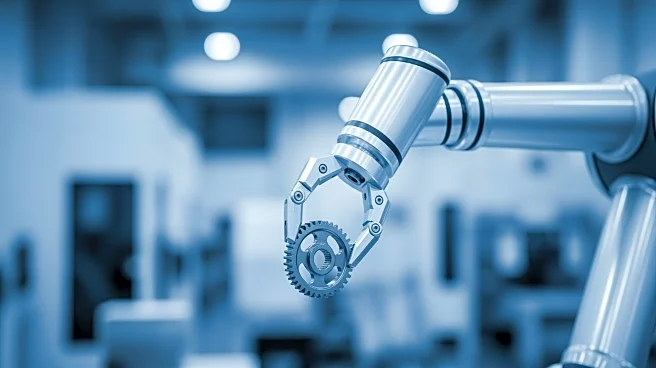What's Happening?
Healthcare organizations are increasingly vulnerable to sophisticated multi-vector cyber attacks, which involve simultaneous tactics such as phishing, DDoS, and data exfiltration. These attacks exploit
multiple vulnerabilities, making them difficult to detect and remediate. Many healthcare providers rely on siloed security systems, which can lead to chaos during an attack. Experts suggest that a centralized security platform could improve response times and coordination, reducing the risk of successful breaches.
Why It's Important?
The healthcare sector is a prime target for cybercriminals due to the sensitive nature of patient data. Multi-vector attacks pose a significant threat to data security, potentially leading to breaches that compromise patient privacy and disrupt healthcare services. A unified security approach could enhance the sector's resilience against such attacks, safeguarding critical information and maintaining trust in healthcare systems.
What's Next?
Healthcare organizations are encouraged to adopt centralized security platforms that offer real-time monitoring and streamlined communication during cyber incidents. This shift could improve incident response and reduce the impact of attacks, ensuring better protection of patient data and continuity of care.
Beyond the Headlines
The rise of AI-driven cyber attacks highlights the need for advanced security measures and continuous monitoring. Ethical considerations around data privacy and the use of AI in cybersecurity are becoming increasingly important as technology evolves.










